Don’t Surrender Your “Pandemic Pet,” Instead Discover Ways To Thrive Together

Written by Casey Hersch, MSW, LCSW
This post was republished with permission from The Animal Rescue Site. You can find the original post here
“If you signed up and adopted or purchased an animal during this last year and a half and used them for your comfort, your safety, and to make you feel better, and loved, and less lonely please give them the respect of taking the time to try and work through the problems that arrive now.” Larissa Wohl, Pet Rescue Expert
You wake up in the middle of the night to the sounds of sharp cries coming from the room next door. You want to cover your ears and go back to sleep, but the cries turn into wails and suddenly you hear a loud CRASH! You turn on the lights and head toward the room. As you walk alongside the bed, you trip over a broken lamp and a few books that belong on the nearby book shelf. You crouch and look underneath the bed. A tiny lump covered by a big blanket, shaking, catches your attention. You slowly reach out your hand, and within minutes your scared little boy pops his head out. You hold him in your arms, reassuring him that you are not going anywhere. He is safe. You know that your child is scared and his reactions are a normal part of life. You are willing to give him everything you have, even lose sleep and go into work late to make sure he is OK. You NEVER consider surrendering him to the local county Children’s Services Agency because he disrupted your sleep and made a mess.
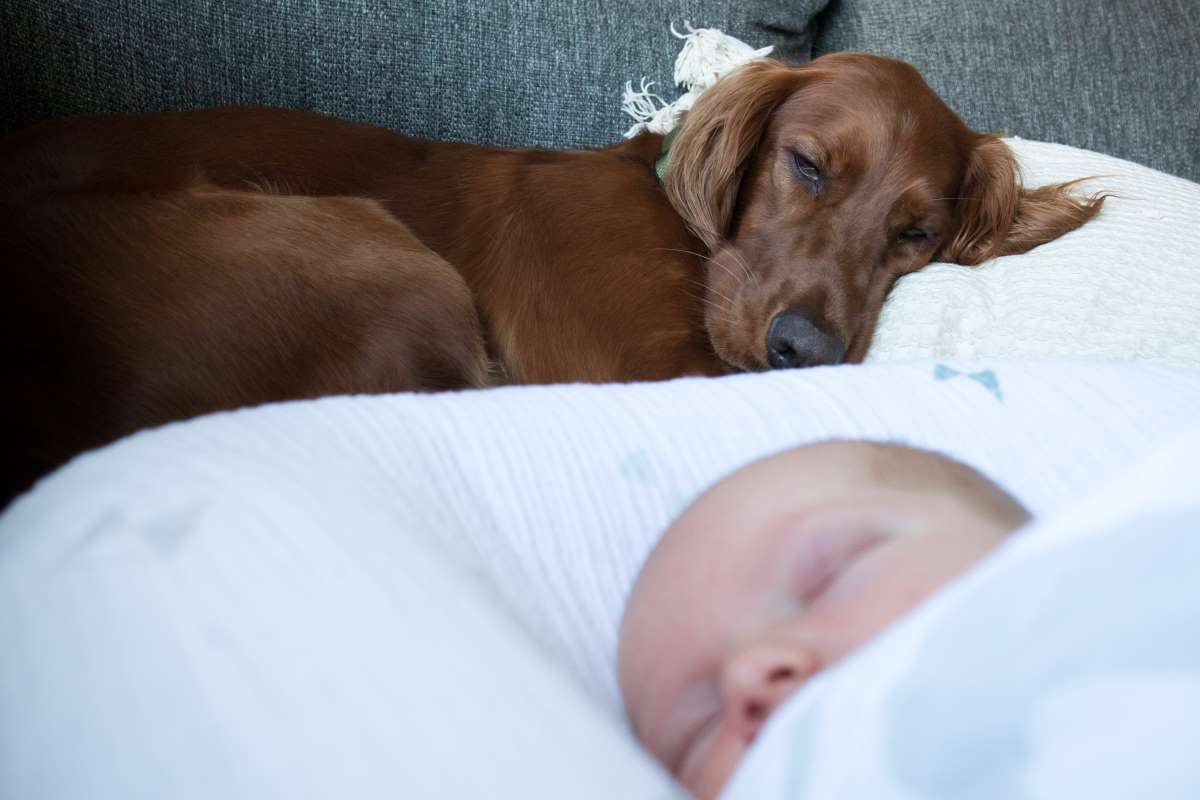
Photo by Ryan Stone on Unsplash
Owner Releases Post Pandemic
Sadly, even though our animal companions have similar behaviors as children and adults when they are scared, threatened, anxious, insecure, or confused, many humans do not treat their animals the same way they treat their own children. In fact, some people might erroneously believe that animals have less needs than humans for love, shelter, comfort, and empathy just because they are animals. The disconnect between humans and their animal companions seems to be staring us in the face now that we are entering a post pandemic period. While many people rushed to animal shelters and adopted animals for the right reasons when the pandemic struck---for a lifetime companion for better or worse-- too many people adopted out of convenience. These people did not think through the commitment and patience required to raise an animal. Instead, they focused on their immediate needs in response to the pandemic stress-- not the future when life returned back to “normal.” Too many owners have already decided or are considering surrendering their beloved and loyal companions—also called owner release-- since sheltering in place is over. Some owners feel that they no longer need their pet companion to fill a void in their lives or soothe their own fears. Others feel they don’t have the resources or time to care for their animal now that they are returning to the hustle and bustle.
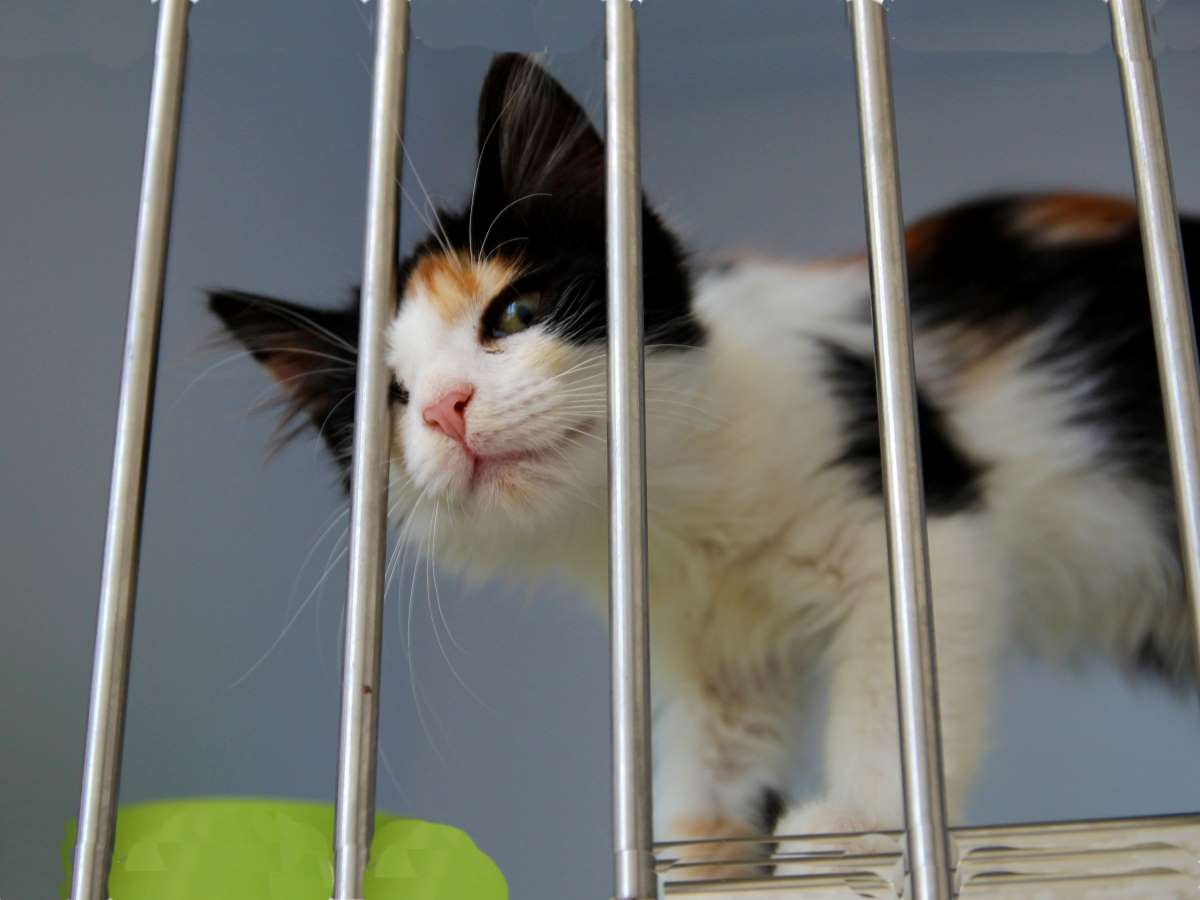
Photo by Anna Kumpan on Unsplash
The Bright and Dark Side of Pandemic Animal Rescue
During an interview with Larissa Wohl, Animal Rescue Expert, she describes the bright and dark sides of the pandemic in animal rescue communities. On the one hand, Wohl says the bright side was abundant with first time adopters and foster parents who admittedly would not have considered these ways to serve the greater good pre-pandemic. On the other hand, Wohl says, animal rescue workers harbored huge fears when they saw the surge of people adopting animals. There are always warning signals says Wohl, “anytime someone gets an animal in a convenient time of life.” Wohl describes the pandemic as one of these “convenient” times since people were home, together 24/7, and life was temporarily simpler than usual. However, now families are thrust into a transition period as people resume work routines, busy schedules, and travel. Both the animals and humans may experience feelings such as “I did not sign up for this.” The unusual circumstances that brought new furry friends into homes during the pandemic are no longer convenient.
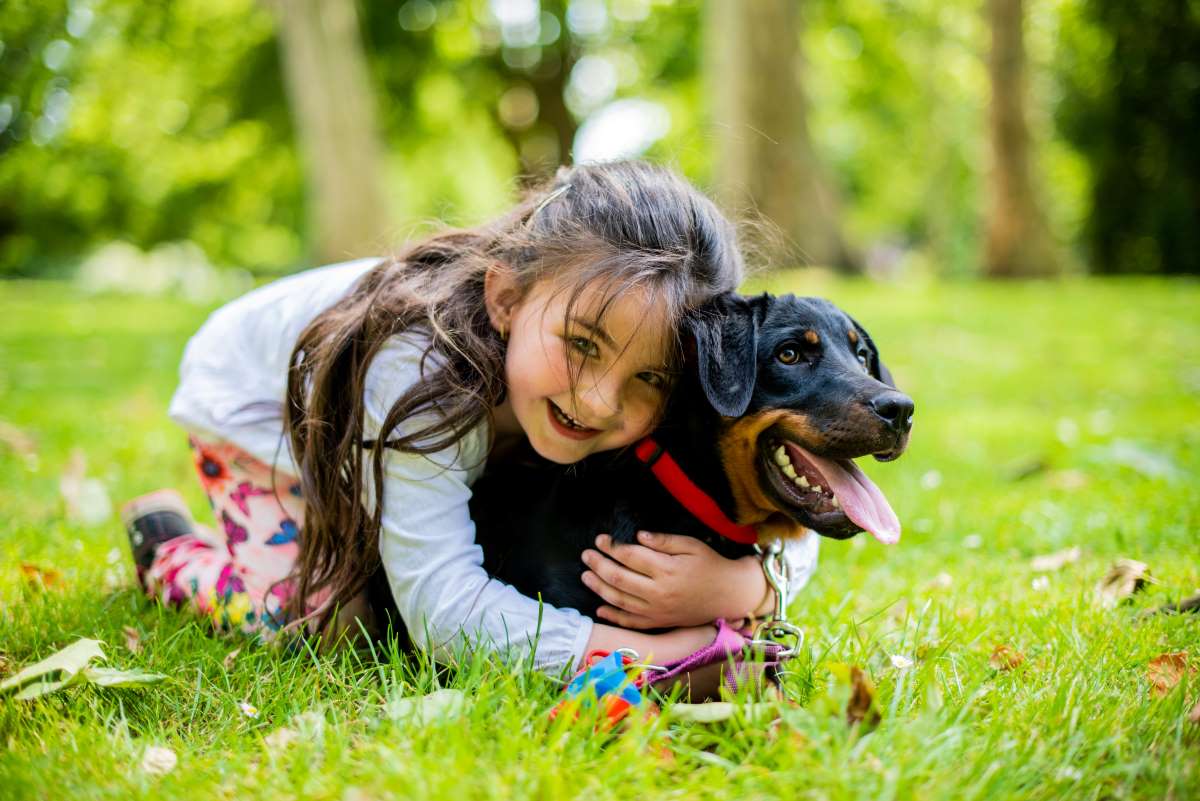
Photo by Vitaliy Zalishchyker on Unsplash
How Owner Release is Traumatic for the Animal and System
While there are situations when animals are not the right fit for their owners, Wohl states that this is not the norm. Most of the time animals are surrendered before the owner has given the situation the attention and problem solving deserved. When animals are adopted and then returned, not only does this action overwhelm an already strained system, but the emotional and mental health repercussions for the animal returned are substantial. Many of these animals come from histories of neglect and abuse---also known as trauma histories. Similar to humans with trauma, an animal’s world is colored by unpleasant experiences in their environments. When they are rescued, workers pour resources and love into these animals to help socialize them and nourish their bodies so that they thrive and can be adopted into a permanent home. The process of owner release can reaffirm past traumatic experiences that confirmed for the animal that humans are not trustworthy. These circumstances make it that much more difficult (not impossible) for the animal to be adopted into a new home.

Photo by Madeline Bowen on Unsplash
Animal Rescue Expert Advice
Like many animal advocates and rescue workers, Larissa Wohl has spent her entire life involved in helping animals. She says “I was born into it” as she describes how in childhood people called her family first when they found an animal in need, and she always stopped for a stray animal and helped them. Throughout her career as an anchor, producer, and reporter she always finds ways to connect her work to animal rescue. She asserts that once people see the “horrendous problems” animal rescue workers face and feel the heartaches, they cannot close their eyes and walk away. She actively volunteers at shelters, participates in public animal rescue events, uses her voice through social media, and even had her own segment on Hallmark’s Home and Family as the Resident Animal Expert. She offers a wealth of knowledge for owners who are struggling with the adjustment back to a routine post-pandemic and who are struggling with how to integrate their new animal companion.
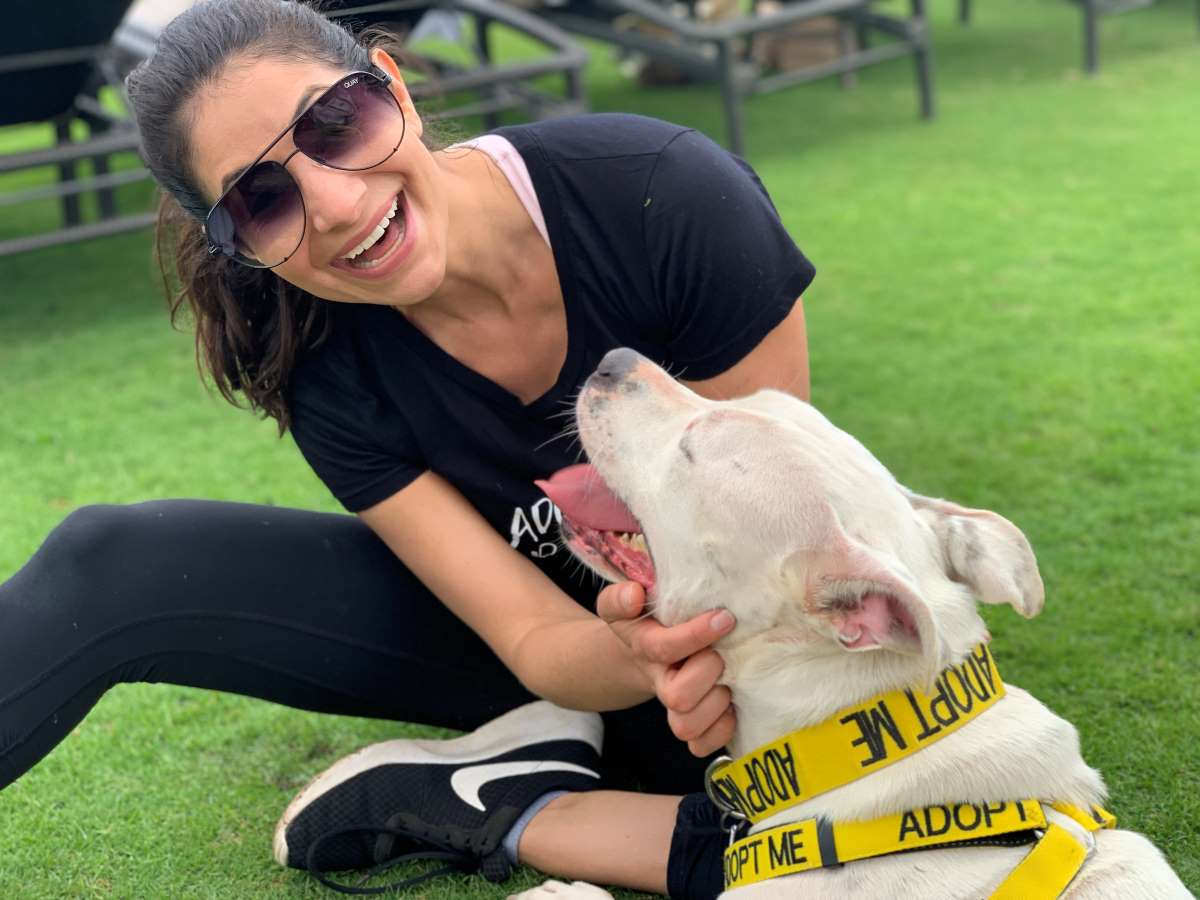
Photo courtesy of Larissa Wohl
How To Keep An Adopted Animal In the Home
Wohl pleads with people to take a step back before surrendering an adopted animal. She advocates for people to first take advantage of resources and education available that support keeping the animal in the home. She offers practical suggestions for owners to try before they reach the conclusion that their new family member is not a right fit. Wohl also adds that all of these suggestions are dependent on the safety of the situation. If anyone (animal or human) is not safe then seek professional help to evaluate the situation.
Shift Your Perspective
Wohl asks us to imagine, for a moment, how different the world might be if people could shift their perspectives and instead of thinking “bad dog” when Bruno chews on the door frame to instead think “OMG, that poor thing saw me walk out that door and was chewing the door frame to get to me because [they were] scared.” She emphasizes the importance of shifting our perspectives toward compassion and taking a moment to separate from the anger or frustration.
Think Like an Animal
We might not realize that the way we behaved and our routines during the pandemic were quite different from our behaviors and routines today as we enter into a post-pandemic reality. If you adopted an animal during the pandemic, they got to know you a certain way. Now, suddenly, through their eyes, everything is changing---and YOU are also different. For a rescue animal with a volatile history with caregivers and homes, change is scary and destabilizing.
Wohl says we can all benefit from asking ourselves some important questions and thinking about difficult situations from the animal’s perspective:
• How have I behaved during the past 18 months?
• What routines has my animal companion grown accustomed?
• How am I behaving differently now?
• How can I use information and observations to help me understand my animal better and bring about more compassion, cooperation, and empathy?
• What circumstances or events led my animal to feel they needed to express themselves in an undesirable way (chewing, nipping, growling, etc).
• What do I need when I am stressed and how can I offer this same compassion and support to my animal?
• How does my animal behave when they are stressed?
• How can I reduce my animal’s stress?
• How does my animal react to my stress?
• How does my animal use growling, nipping, chewing, or crying as a way to talk, get your attention, and express an unmet need or fear?
• How much exercise, activity, and quality time did I give my animal during the pandemic? How much now?
• How can I offer stimulation and activity to my animal and also accomplish my goals?
Explore Community Resources Inside and Outside the Home
 Wohl says there are a number of resources to support families in keeping their animal family members in their homes. Some are free and others are fee-based. She also states that there are interventions that families should start doing NOW to ease the transition back into a normal routine and ease the symptoms of separation anxiety for both human and animal.
Wohl says there are a number of resources to support families in keeping their animal family members in their homes. Some are free and others are fee-based. She also states that there are interventions that families should start doing NOW to ease the transition back into a normal routine and ease the symptoms of separation anxiety for both human and animal.
1) Start separating from your animal now: Wohl suggests starting with 2-3 minutes of separation in your home, with you still present, so your animal adjusts to not being by your side.
2) Create a boundary: Wohl recommends creating a designated spot in the home where your animal must go and STAY for a small amount of time each day away from you.
3) Build on incremental progress: Start with a few minutes each day, while you remain in the same room. Then gradually increase to a few more minutes and then remove yourself from the same room. Eventually, walk outside but they can still hear your voice. Observe your animal’s anxiety and adjust accordingly to meet their pace and needs.
4) Get a trainer: Wohl says this is often a paid resource but there are videos on YOUTUBE that are worth watching. She also recommends that owners consult with in-home trainers since this allows the trainer to see behavior issues live in the moment and identify triggers to unpleasant behaviors and anxiety. A little training goes a long way.
5) You might be adding to the problem: Consider getting your own education and support to be sure that you are not adding to the problem or even creating the problem.
6) Never underestimate the power of exercise: Wohl says a tired dog is less likely to be destructive
7) Invest in animal daycare: Daycare provides opportunities for exercise, stimulation, and socialization
8) Find ways to increase physical and mental stimulation: Just like humans, animals can become depressed when they are isolated and not physically active.
Remember the Incredible Gifts Your Animal Gives You
It is normal to feel panicked, worried, and to doubt your decisions when changes happen and especially when your animal suddenly behaves in a way that is unfamiliar. However, just like raising children, animals provide limitless opportunities for growth, change, reflection, love, happiness, and joy. Animals give a tremendous amount of their heart, loyalty, and spirits to humans. They deserve some patience, understanding, and adjustment time. Most of us have stories about how an animal companion changed our lives. Some of us wouldn’t be the people that we are today if it weren’t for the unconditional love our animals gave us in childhood and adulthood. Maybe it is time to pay it forward and to give back to our animals what our animals have given us, without fail or judgment, all along.
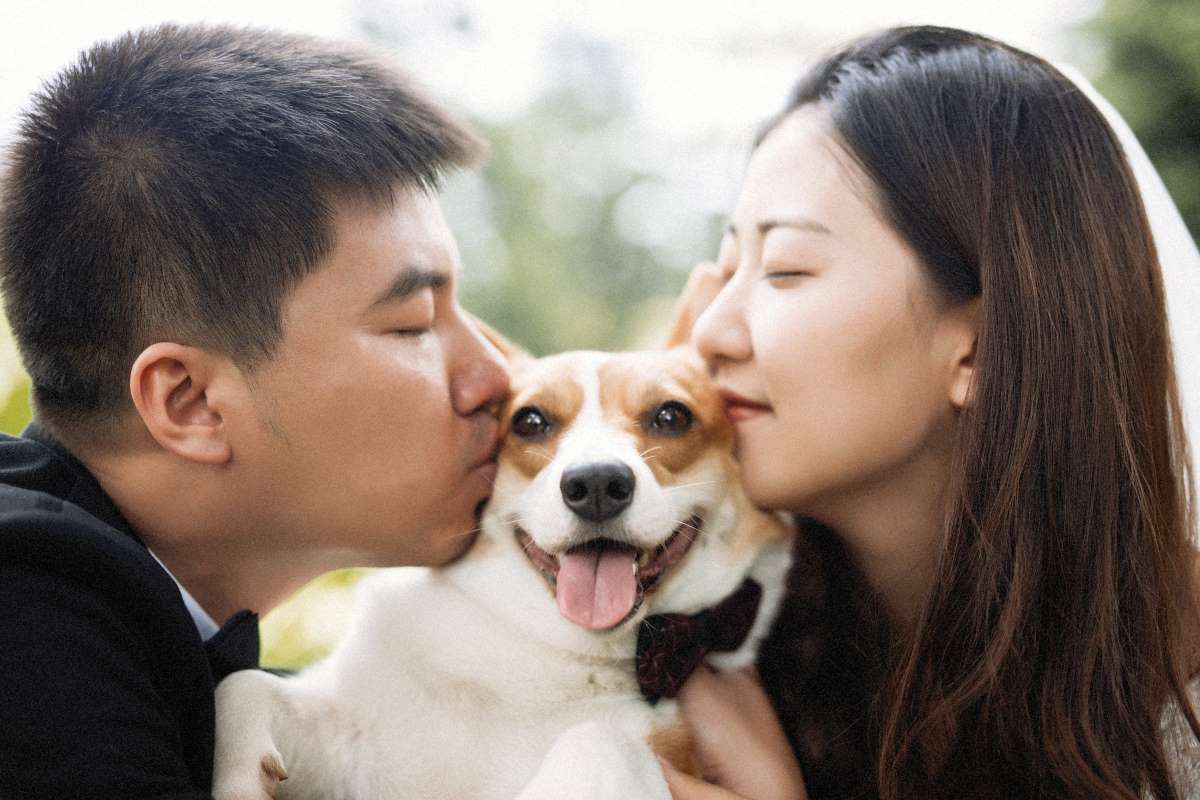
Photo by Vino Li on Unsplash
Visit this link to listen to Casey Herschs’ full interview with Larissa Wohl
https://lightyoursparkle.life/spark-life-blog/206-larissa-wohl-talks-about-animal-rescue-during-a-pandemic

BIO:
Casey Hersch, LCSW is a licensed clinical social worker, author, and founder of www.lightyoursparkle.life. She is an animal advocate and a happy parent of her two rescue cats Pawso and Samba. She lives with Crohn’s Disease, an autoimmune illness, and educates about the connections between adverse childhood experiences and illness. Animal companionship is at the heart of her healing model. She specializes in integrative models for healing chronic illness and trauma.